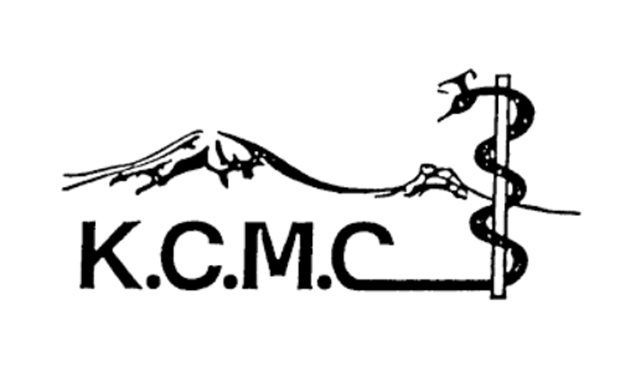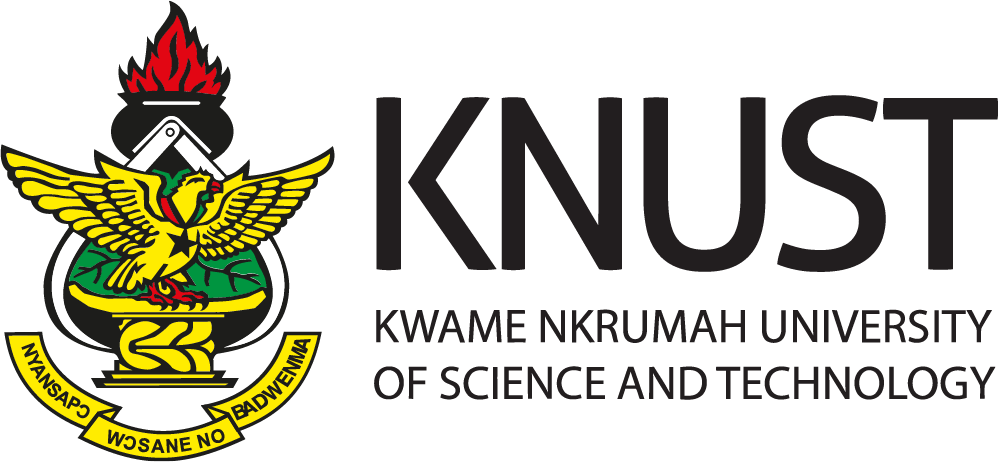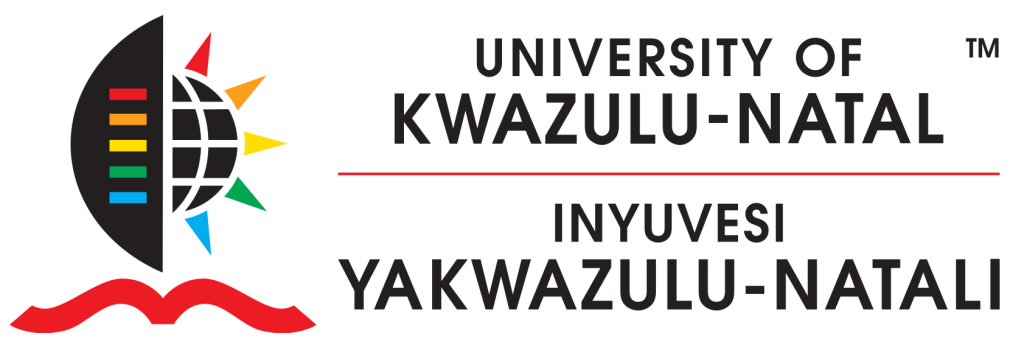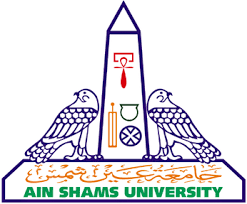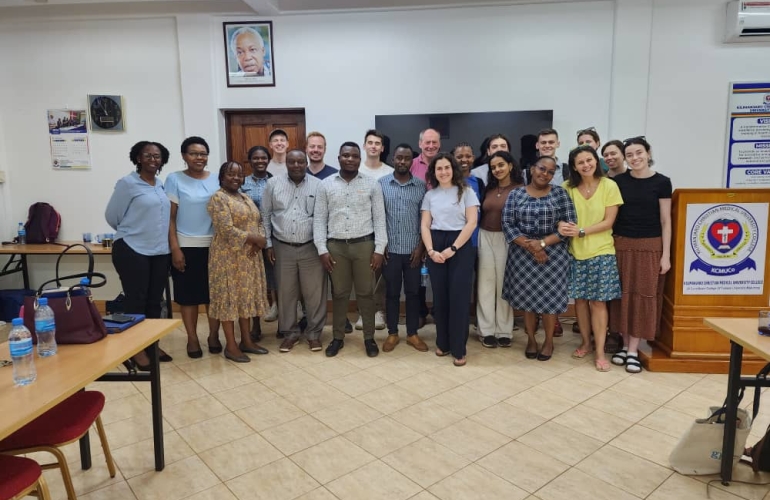
Transforming Parkinson's Care in Africa (TraPCAf) is a £3m NIHR-funded Global Health Project (ref.133391), led by Professor Richard Walker and bringing together researchers from the UK and Africa. It is a multi-faceted, mixed-methods, multi-national research grant spanning seven work packages. The study design includes multiple sub-studies, combining observational (qualitative and quantitative) approaches for the epidemiological, clinical, risk factor and lived experience components, as appropriate, and interventional methods (clinical trial component).
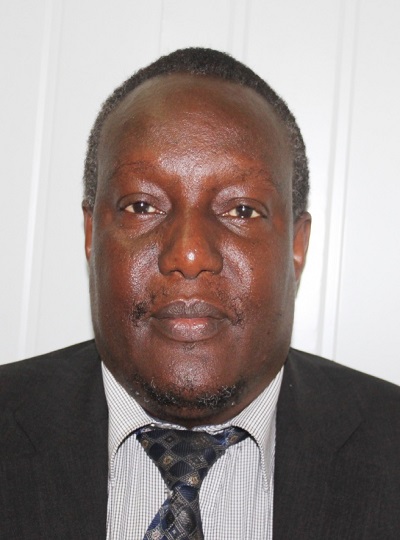
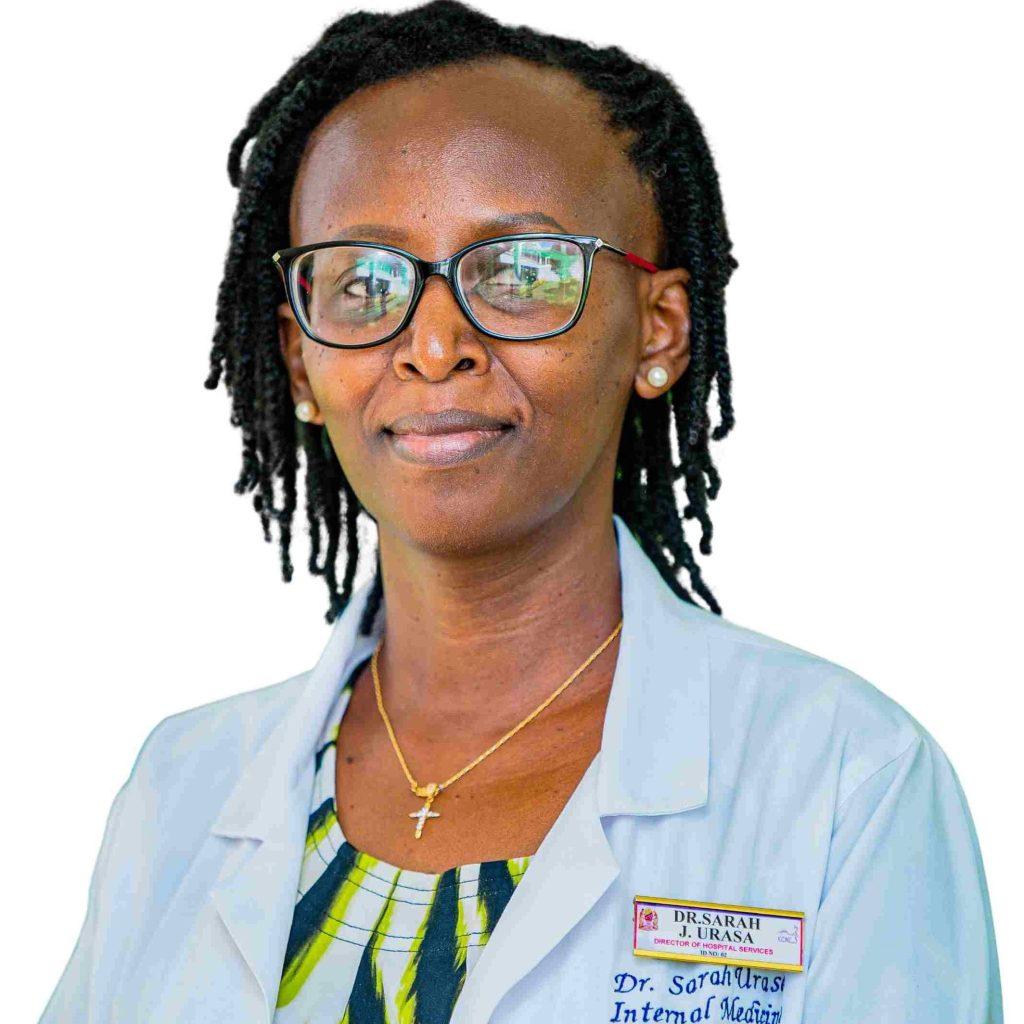
-

Jane rogsthi
Co - PI
-
Dr. Marieke Dekker
Co - PI
-
Dr. Happines Kumburu
Co - PI
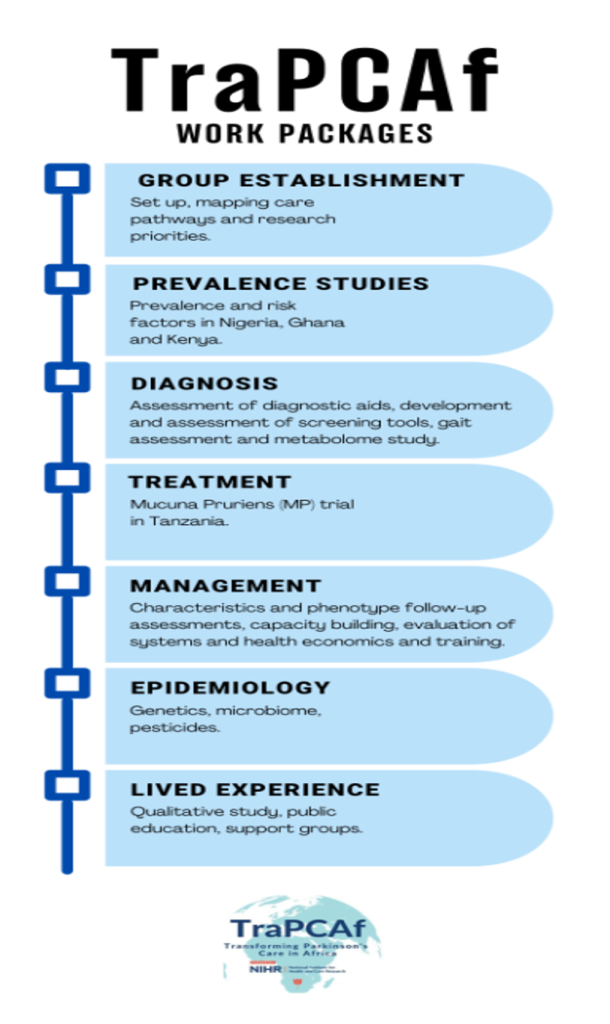
About the Project
Parkinson’s disease (PD) is the second most common neurodegenerative disorder and, according to the Global Burden of Disease estimates in 2015, was the fastest-growing neurological disorder globally concerning the associated prevalence, disability, and deaths. Information regarding the awareness, diagnosis, phenotypic characteristics, epidemiology, prevalence, risk factors, treatment, economic impact, and lived experiences of people with PD from the African perspective is relatively sparse in contrast to the developed world, and much remains to be learned from, and about, the continent.
Transforming Parkinson’s Care in Africa (TraPCAf) is a multi-faceted, mixed-methods, multi-national research grant spanning seven work packages. The grant is funded by the National Institute for Health and Care Research (NIHR) (NIHR133391) using UK aid from the UK Government to support global health research.
The study design includes multiple sub-studies, combining observational (qualitative and quantitative) approaches for the epidemiological, clinical, risk factor and lived experience components, as appropriate, and interventional methods (clinical trial component). The aim of TraPCAf is to describe and gain a better understanding of the current situation of PD in Africa. conclusive insights into the situation of PD. The selected country sites will allow for useful comparisons and make results relevant to other LMICs. This grant is timely, as global recognition of PD and the public health challenge it poses builds. The work will contribute to broader initiatives, including WHO’s Intersectoral Global Action Plan on epilepsy and other neurological disorders.
Objectives
- To develop aids to diagnosis for non-specialist doctors, such as questionnaires appropriate for LMIC settings, and equipment that measures slowness of movement and tremor, the two major symptoms of PD.
- To provide training for doctors, nurses and therapists to improve diagnosis and management.
- To develop and trial services for diagnosis and management of PD by non-specialists.
- To undertake community-based studies of the number of people with PD (prevalence) in Tanzania, Ghana, Nigeria, and Kenya, testing different diagnostic methods.
- To develop a database of PD outpatients in sites in the different countries to enable a description of their characteristics.
- To look at the effectiveness and side-effects of preparations of Mucuna pruriens (MP), a tropical plant, compared to Levodopa (standard drug treatment) in Tanzania.
- To assess the response to drug treatment, with low-cost home monitoring with wearable movement sensors in PwP who consent.
- To work with patient and carer support groups to understand lived experience, and raise public awareness via standard media techniques and social media.
To collaborate with the Investigators on a large genetic project to collect blood and saliva samples for genetic analyses, as well as stool samples for microbiome analysis



